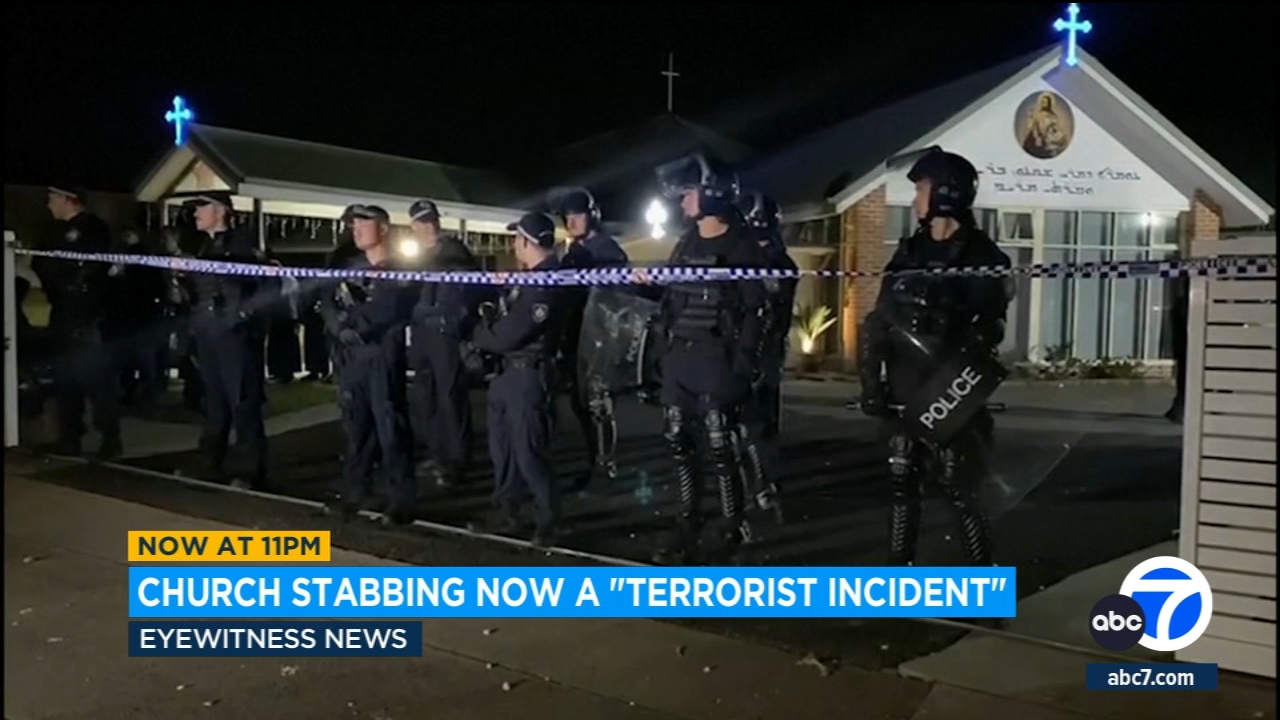Hospitals, frontline workers buckling again as COVID-19 cases surge across the country

COVID-19 cases are surging all over the country -- with 22 states reporting an increase.
In El Paso, hospitals are at their max.
More than 850 people in the county are hospitalized with COVID-19 -- 180 of them in ICUs.
Maine has country's lowest COVID-19 infection rate: How state officials say they did it

Overflow tents are being set up to ease the pressure for beds at the area's largest hospital. Several of the most critical patients have volunteered to be airlifted to other cities to receive care.
"I've never seen anything like this," said Dr. Joel Hendryx. "And I dare to say that most people have not."
There are currently more than 42,000 patients hospitalized in the U.S. with the novel coronavirus.
At the beginning of the pandemic, most cases were in major metropolises like New York City. Now, rural states are feeling the strain.
'Mom code': Parents reportedly avoid testing kids to keep Utah COVID-19 numbers artificially low

With cases soaring in 44 states, New Jersey's largest city, Newark, reinstated an 8 p.m. curfew for non-essential businesses to try to slow the spread.
"It seems desperate but it's a desperate moment," said Mayor Ras Baraka. "We got through this before, so we'll get through it again."
With as many as 62,000 new cases reported Monday, Dr. Anthony Fauci has warned the U.S. is currently in the midst of the "worst" numbers the country has seen so far. He says that, because the country never got the numbers under control, we could still be in the first wave of the pandemic.
"I look at it more as an elongated - and an exacerbation of - the original first wave," he said. "We've never really had waves in the sense of up and then down to a good baseline. No matter how you look at it, it's not good news."
On a call with reporters, testing guru Admiral Brett Giroir says he still hopes the country can get ahold of the pandemic but only if people follow the rules.
"I think we can control the pandemic by these simple measures," he said. "But it's really important that we stick to them."
In Texas, state officials have hundreds of doctors and nurses and respiratory therapists to treat the surge of patients who have been flooding the hospitals.




